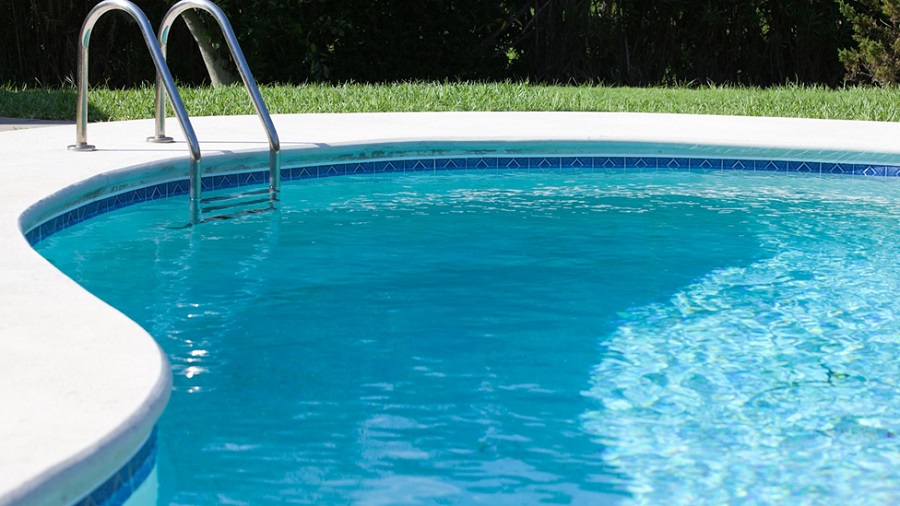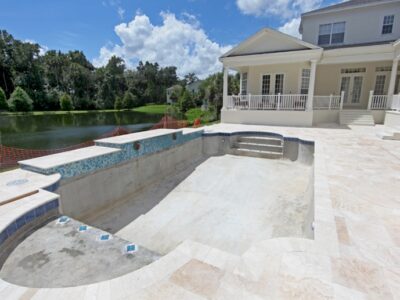A well-functioning pool circulation system is crucial to a clean, healthy swimming experience. Proper circulation ensures that the water is filtered, treated, and evenly distributed, maintaining the ideal balance of water chemistry. However, when circulation problems arise, it can lead to water that is unclear or harbors bacteria and algae. In this article, we’ll address the common pool water circulation issues and provide troubleshooting tips and solutions to help you restore your pool to its optimal state.
Causes of Pool Water Circulation Issues
There are several factors that can contribute to pool water circulation issues, including:
1. Clogged or dirty filters: A dirty filter restricts the flow of water through the system, causing poor circulation. Regular maintenance of your pool filter is essential to ensure it functions at its best.
2. Failing or undersized pump: An inadequate pump not only results in poor water circulation but also strains the system, potentially causing damage over time.
3. Blocked return jets or skimmers: Any obstruction in these components can restrict water flow and result in poor circulation.
4. Leaks in the plumbing: Leaks in the pipes can reduce the volume of water being circulated and prevent it from passing through the filter.
Troubleshooting Pool Water Circulation Issues
If you suspect your pool has circulation problems, here are some troubleshooting steps you can take:
1. Check the filter: Regularly clean and inspect all filter types, including cartridge, sand, or diatomaceous earth (DE) filters, to ensure they are working well and not inhibiting water flow.
2. Evaluate the pump: Make sure the pump is operating at its optimal capacity. If it’s too small for your pool, it will struggle to provide sufficient circulation. If the pump is failing, consider upgrading to a variable-speed pump that can automatically adjust to your pool’s needs.
3. Inspect skimmers and return jets: Check for blockages and remove any obstructions. Ensure that the return jets are positioned correctly to optimize water flow patterns.
4. Examine plumbing: Leaks can often occur due to damaged or loose fittings. Carefully inspect your pool’s plumbing system for any signs of leaks and repair them as needed.
Solutions to Pool Water Circulation Issues
Once you’ve identified the cause of your circulation problems, you can implement the appropriate solutions:
- Keep a regular maintenance schedule: Routine cleaning of pool filters, skimmers, and return jets will prevent common circulation issues. Consider hiring a professional pool service company in Atlanta to handle these tasks for you.
- Upgrade your pump system: Invest in a variable-speed pump that can be adjusted to better match your pool’s circulation needs.
- Utilize pool circulation aids: Certain products, such as water clarifiers, can help improve your pool’s water circulation without the need for major system overhauls.
The Importance of Professional Help
When it comes to troubleshooting and resolving common pool problems that pool owners face, bringing in professional help is an invaluable resource. A professional pool service can provide expert advice, diagnose complex issues, and recommend the most efficient solutions to restore your pool’s circulation system to optimal functioning. In addition to addressing existing problems, regular pool maintenance can prevent future pool troubles and ensure your pool remains clean, safe, and enjoyable.
To Sum Up
Your pool’s circulation system is essential for keeping it clean and healthy. When you notice any issues with water circulation, take the necessary steps to identify the cause and implement solutions. Regular maintenance of all components will help prevent problems down the road. If you need assistance, seek help from a qualified pool company. With their expertise and high-quality products, they can help you restore the optimal functioning of your pool’s circulation system. Thank you for reading!



Comments